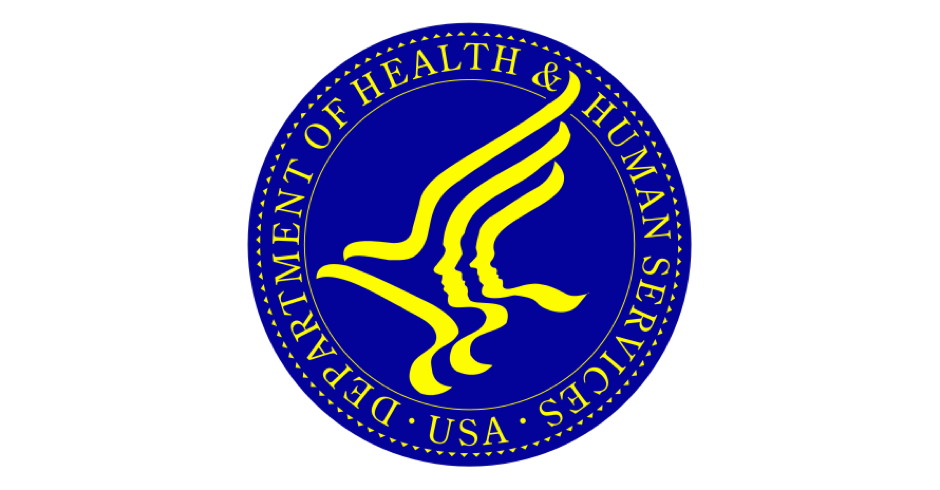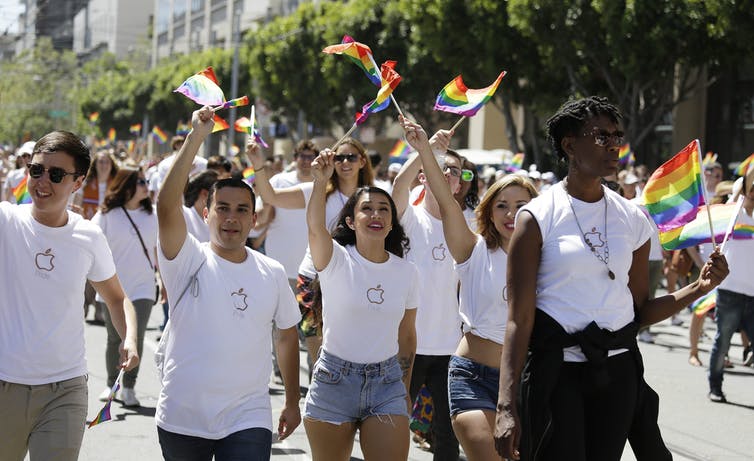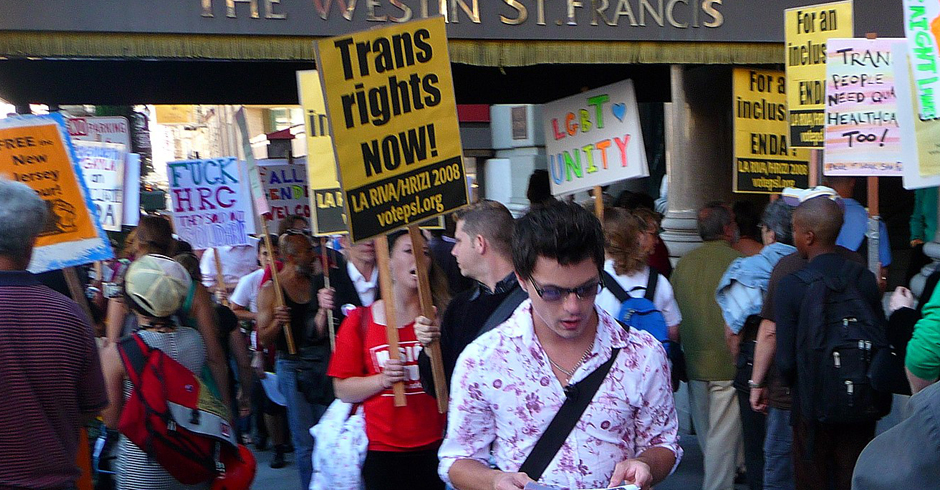116 members of Congress sent a letter Wednesday to Secretary of Defense Mark Esper and Attorney General William Barr to call for the elimination of the ban on open transgender military service. This follows the June 15, 2020 Supreme Court ruling that Title VII of the Civil Rights Act of 1964 protects LGBTQ people from workplace discrimination. Congresswoman Suzan DelBene (WA-01) spearheaded the initiative.
“This policy is an attack on transgender service members who are risking their lives to serve our country and it should be reversed immediately,” DelBene said.
On April 12, 2019, the Trump administration banned transgender individuals from serving openly in the military. The discriminatory policy denies transgender people the ability to enlist in the military and puts transgender troops at risk of being discharged for living openly. It also denies them transition-related health services.
“In light of the U.S. Supreme Court ruling…we urge the Department of Defense (DOD) to immediately update its policies to eliminate the ban on open transgender military service,” lawmakers wrote in the letter. “Additionally, to prevent further harm to transgender service members, we urge the DOD to instruct the Department of Justice (DOJ) to negotiate the end to litigation challenging the ban.”
“It’s past time for the Trump administration to end its ban on transgender troops serving openly,” said Mara Keisling, Executive Director of the National Center for Transgender Equality. “The policy is hateful and discriminatory, and puts at risk our country’s national security by purging brave transgender people from the military despite their honorable service to the American people. The administration must move quickly to right this wrong and protect transgender members of the military.”
“It’s crucial that the Department of Defense remove this unconstitutional transgender military ban and ensure any qualified patriot is able to serve,” said Modern Military Association of America Interim Executive Director Jennifer Dane. “Thousands of transgender service members have already more than proven themselves with honor and distinction, and this discriminatory barrier that has nothing to do with their ability to accomplish the mission must be taken down. We are thankful for Congresswoman Suzan DelBene’s leadership, and we urge the Department of Defense to take swift action.”
The transgender service ban was put in place against the recommendations of several former Surgeons General. Additionally, the country’s preeminent health care organizations, including the American Psychiatric Association, the American Psychological Association, and the American Medical Association, have all affirmed that transgender people can competently serve in the military.
The letter was signed by Representatives Alma S. Adams, Ph.D. (NC-12), Colin Allred (TX-32), Karen Bass (CA-37), Ami Bera, M.D. (CA-07), Donald S. Beyer Jr. (VA-08), Earl Blumenauer (OR-03), Lisa Blunt Rochester (DE-At-large), Suzanne Bonamici (OR-01), Julia Brownley (CA-26), Salud O. Carbajal (CA-24), Ed Case (HI-01), Sean Casten (IL-06), Kathy Castor (FL-14), Joaquin Castro (TX-20), Judy Chu (CA-27), David N. Cicilline (RI-01), Gilbert R. Cisneros, Jr. (CA-39), Yvette D. Clarke (NY-09), Emanuel Cleaver, II (MO-05), Bonnie Watson Coleman (NJ-12), Gerald E. Connolly (VA-11), Jim Cooper (TN-05), Joe Courtney (CT-02), Angie Craig (MN-02), Charlie Crist (FL-13), Sharice L. Davids (KS-03), Danny K. Davis (IL-07), Madeleine Dean (PA-04), Peter A. DeFazio (OR-04), Diana DeGette (CO-01), Mark DeSaulnier (CA-11), Debbie Dingell (MI-12), Eliot L. Engel (NY-16), Anna G. Eshoo (CA-18), Adriano Espaillat (NY-13), Bill Foster (IL-11), Ruben Gallego (AZ-07), Jesús G. “Chuy” García (IL-04), Sylvia R. Garcia (TX-29), Jimmy Gomez (CA-34), Raúl M. Grijalva (AZ-03), Deb Haaland (NM-01), Alcee L. Hastings (FL-20), Jahana Hayes (CT-05), Brian Higgins (NY-26), Jim Himes (CT-04), Eleanor Holmes Norton (DC-At-large), Jared Huffman (CA-02), Sheila Jackson Lee (TX-18), Pramila Jayapal (WA-07), Henry C. “Hank” Johnson (GA-04), William R. Keating (MA-09), Joseph P. Kennedy, III (MA-04), Ro Khanna (CA-17), Daniel T. Kildee (MI-05), Derek Kilmer (WA-06), Ron Kind (WI-03), Ann McLane Kuster (NH-02), Rick Larsen (WA-02), John B. Larson (CT-01), Barbara Lee (CA-13), Andy Levin (MI-09), Ted W. Lieu (CA-33), Zoe Lofgren (CA-19), Alan Lowenthal (CA-47), Stephen F. Lynch (MA-08), Tom Malinowski (NJ-07), Sean Patrick Maloney (NY-18), Betty McCollum (MN-04), A. Donald McEachin (VA-04), James P. McGovern (MA-02), Gregory W. Meeks (NY-05), Grace Meng (NY-06), Gwen S. Moore (WI-04), Joseph D. Morelle (NY-25), Seth Moulton (MA-06), Debbie Mucarsel-Powell (FL-26), Jerrold Nadler (NY-10), Grace F. Napolitano (CA-32), Joe Neguse (CO-02), Ilhan Omar (MN-05), Frank Pallone, Jr. (NJ-06), Jimmy Panetta (CA-20), Chris Pappas (NH-01), Donald M. Payne Jr. (NJ-10), Scott Peters (CA-52), Mark Pocan (WI-02), David E. Price (NC-04), Mike Quigley (IL-05), Jamie Raskin (MD-08), Kathleen M. Rice (NY-04), Lucille Roybal-Allard (CA-40), Tim Ryan (OH-13), Linda T. Sánchez (CA-38), Jan Schakowsky (IL-09), Adam B. Schiff (CA-28), Bradley S. Schneider (IL-10), Kim Schrier, M.D. (WA-08), José E. Serrano (NY-15), Albio Sires (NJ-08), Thomas R. Suozzi (NY-03), Mark Takano (CA-41), Mike Thompson (CA-05), Dinna Titus (NV-01), Lori Trahan (MA-03), David Trone (MD-06), Lauren Underwood (IL-14), Nydia M. Velázquez (NY-07), Debbie Wasserman Schultz (FL-23), Peter Welch (VT-At-large), Jennifer Wexton (VA-10), Susan Wild (PA-07), and John Yarmuth (KY-03).
A copy of the letter can be found here.




























